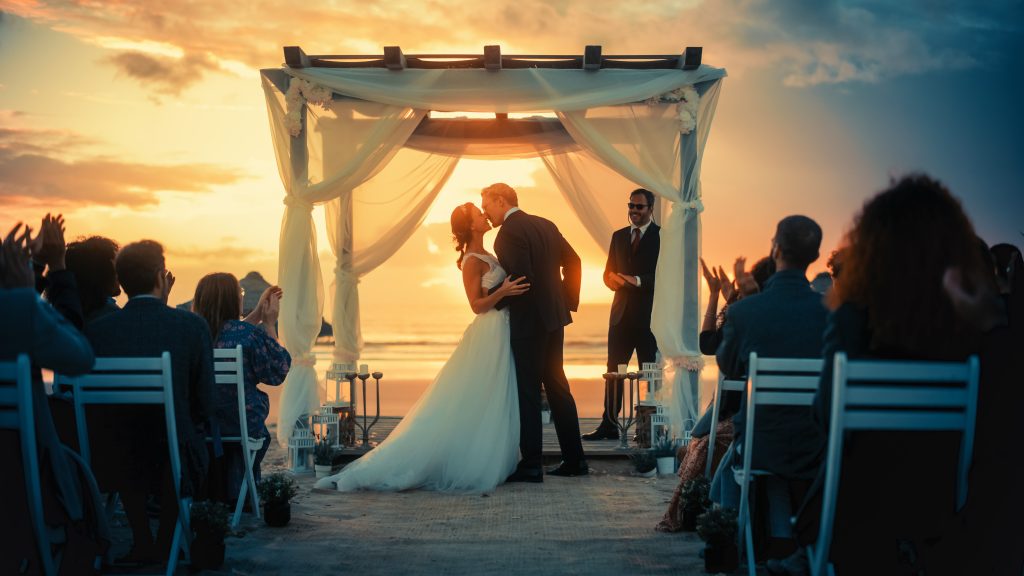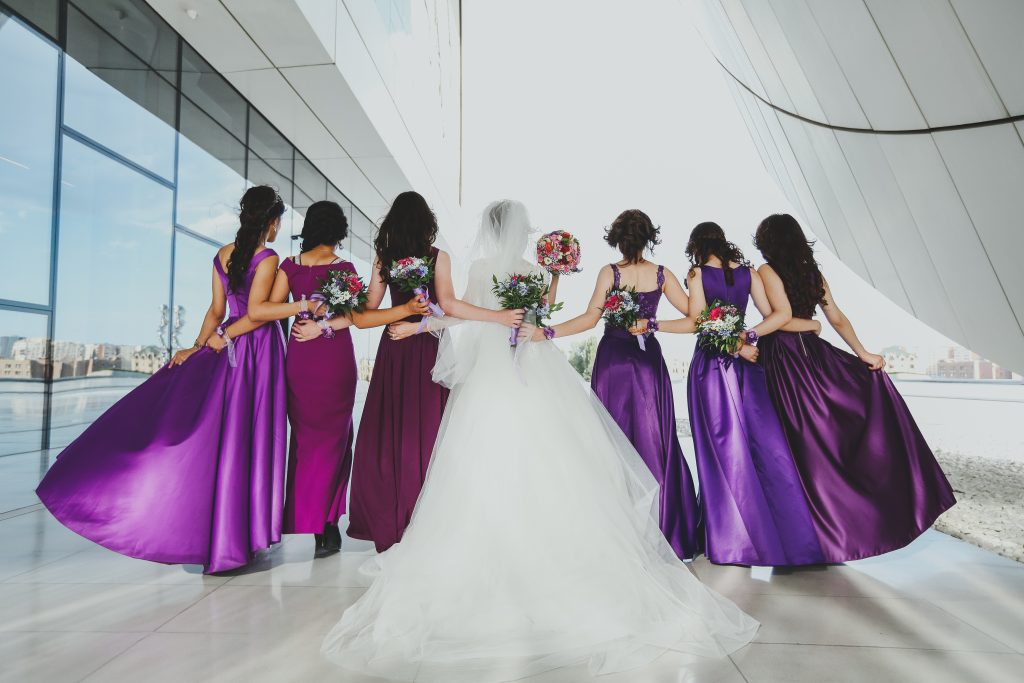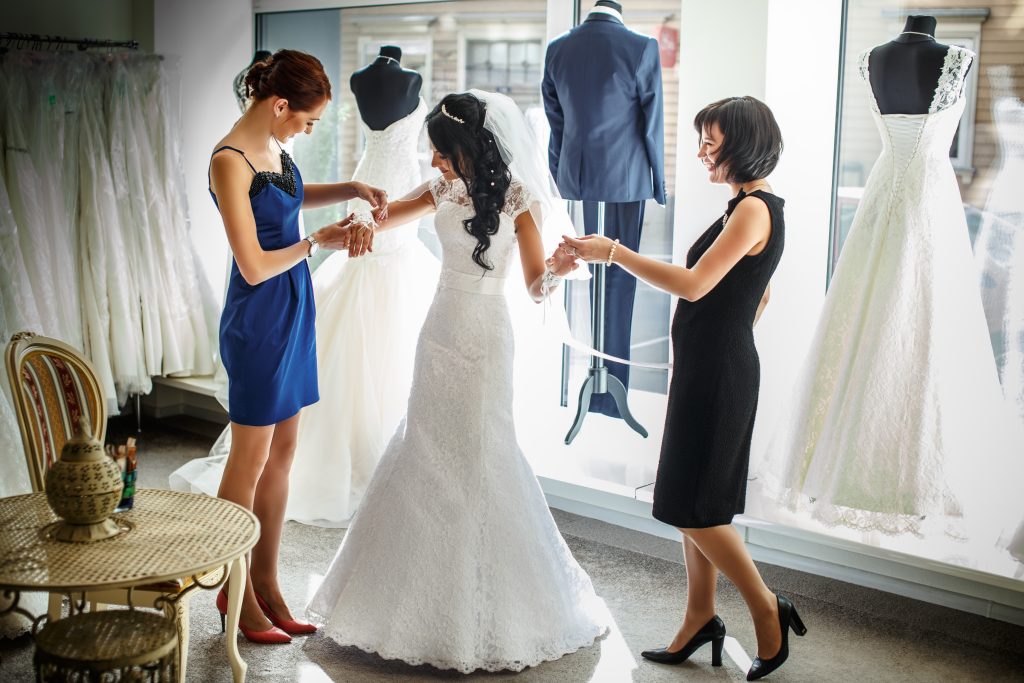Planning to tie the knot in the Philippines? Congratulations! Before you get lost in the excitement of choosing the perfect dress or finalizing your wedding menu, let’s talk about the not-so-glamorous but absolutely the most important part: the wedding legal requirements in the Philippines.
Whether you’re going for a civil or a church wedding, this simple guide will walk you through everything you need to know so you can say “I do” without a hitch.
Civil vs. Church Wedding: What’s the Difference?
The Philippines recognizes two main types of weddings: civil weddings and church weddings. Both require paperwork, but the legal requirements for marriage can differ slightly.
Civil Weddings
If you prefer a more straightforward and less costly ceremony, a civil wedding might be your best bet. Civil weddings are officiated by a judge, mayor, or other authorized government official. These are usually held in a city hall, municipal building, or any location approved by the officiant.
It’s typically faster to arrange and requires fewer documents, which makes it ideal for those who want to avoid the complexities of a grand ceremony. Check out this guide for more details on civil wedding requirements.
Church Weddings
Dreaming of a grand aisle walk and a traditional religious ceremony? Then a church wedding is the way to go. Most Filipinos choose Catholic weddings, but other Christian denominations have their own customs and requirements too.
Catholic church weddings follow religious traditions and typically include additional steps such as canonical interview and pre-cana seminars.
Basic Wedding Requirements in the Philippines
No matter which type of wedding you’re having, here are the wedding legal requirements Philippines couples must prepare:
Birth Certificates
A certified copy from the Philippine Statistics Authority (PSA) is required. These documents verify your identity and ensure compliance with legal requirements. You can easily request it online via PSAHelpline.ph or visit a PSA branch.
Certificate of No Marriage (CENOMAR)
This document serves as proof that you are legally free to marry. Like the birth certificate, this can also be obtained through PSAHelpline.ph.
If you were previously married and the marriage was annulled or your spouse passed away, submit the annulment papers or death certificate instead.
Valid IDs
Each person must present at least one valid ID—passport, driver’s license, UMID, etc. Make sure the details match your other documents.
Marriage License
A marriage license is a must-have for any wedding. To get it, visit your Local Civil Registrar’s Office (LCRO) and submit your birth certificate, CENOMAR, and valid IDs. Processing usually takes 10 days and is valid for 120 days nationwide.
Family Planning Seminar
Before obtaining your marriage license, the government requires couples to attend a family planning seminar at the local government unit (LGU).
This is usually conducted by the Health Office or the Department of Social Welfare and Development (DSWD).

Parental Consent or Advice
If either party is below 25 years old, additional documents may be required. Those aged 18–21 must present written parental consent, while those aged 22–24 may need to provide written parental advice. Those 25 and older don’t need either, but it’s still wise to inform your parents.
Wedding Banns
For church weddings, couples must provide 2×2 ID pictures and submit wedding banns to their respective parishes. The banns are posted for three consecutive Sundays to ensure no one objects to the marriage.
Confession and Pre-Cana Seminar
Catholic couples must go through a pre-cana seminar Philippines, which is a prerequisite before marriage. Additionally, confession is required before the wedding day.
For Foreigners Marrying in the Philippines
If one or both of you is a foreign national, here are extra documents you might need:
- Certificate of Legal Capacity to Contract Marriage (from your embassy)
- Passport and/or visa copies
- Divorce decree or death certificate of former spouse (if previously married)
Note: Check with the local civil registrar or the church about updated requirements, as they can vary by location or nationality.
Additional Requirements for a Catholic Church Wedding
Here are some Catholic church requirements for a wedding:
Certificate of Baptism and Confirmation
You must present your baptismal and confirmation certificates marked “for marriage purposes.”
Canonical Interview
Before walking down the aisle, you’ll need to undergo a canonical interview with a priest. Learn more about the process here.
Marriage Banns
Your upcoming wedding will be announced during three consecutive Sunday Masses in your and your fiancé’s respective parishes. This gives the community a chance to raise any legal or canonical objections.
Marriage License
Yes, even if you’re having a church wedding, you still need to get a marriage license from your LGU.
Pre-Cana Seminar
This is a one- or two-day seminar required for all Catholic couples. Topics usually include communication, conflict resolution, family life, and financial planning.
Wedding Rehearsal
A few days before the wedding, couples need to attend a rehearsal, usually with their priest, officiants, and wedding entourage.
Post-Wedding Legalities
After you say your vows, there are a few more steps to finalize your marriage:
Marriage Registration
The church or civil registrar will forward your documents to the Philippine Statistics Authority. It usually takes one to two months to receive a certified copy of your marriage certificate.
Updating IDs and Records
If you’re changing your last name, update your records with the Social Security System (SSS), Bureau of Internal Revenue (BIR), PhilHealth, and your bank.
Church Certificate Submission
For Catholic weddings, you may need to submit your baptismal and confirmation certificates to your church for record-keeping.

Tips for Stress-Free Wedding Planning
A soon-to-wed friend shared some helpful insights in preparation for their wedding this year.
Start Early
Make sure to process your wedding legal requirements in the Philippines at least six months before your wedding date.
Request Your CENOMAR and Birth Certificates in Advance
These documents take time to process. Order them early through PSAHelpline.ph or at a PSA branch.
Book Seminars ASAP
Schedule your family planning seminar, pre-cana seminar, and canonical interview as soon as your wedding date is set. Note: The family planning seminar at the LGU is required before obtaining a marriage license.
Stay in Touch with Offices
Regularly follow up with the Local Civil Registrar and your parish office to track progress and avoid delays.
Know the Requirements Based on Age
If you’re under 25, check if you need parental consent or advice—it’s often overlooked until the last minute.
Post Wedding Banns Promptly
For church weddings, arrange for your wedding banns to be posted in both your and your fiancé’s parishes at least three Sundays in advance. You’ll also need to personally retrieve and return them.
Photocopy Everything
Always keep multiple photocopies of all documents—you’ll likely need them for various offices.
Double-Check Validity Periods
Some documents, like the marriage license, have a 120-day validity. Plan your submission and wedding date accordingly.
Attend a Wedding Rehearsal
Schedule your rehearsal early, especially if you have a church wedding, so your entourage knows what to expect.
Keep a Checklist
Use a simple wedding requirements checklist to track documents, deadlines, and appointments. It’ll help keep everything organized and manageable.

Your Journey to “I Do” Starts Here
While planning a wedding is exciting, securing your wedding legal requirements in the Philippines is essential for a smooth, stress-free experience.
Whether you’re opting for a civil wedding or a Catholic church wedding, being prepared will help ensure your special day goes off without a hitch.
Ready to say “I do”? Make sure your paperwork is in order, and enjoy your journey to happily ever after!




